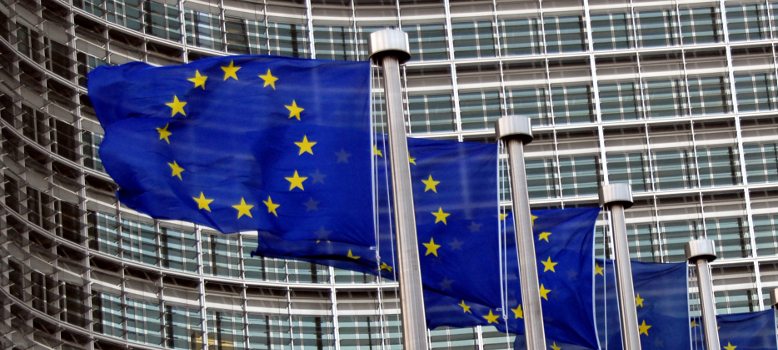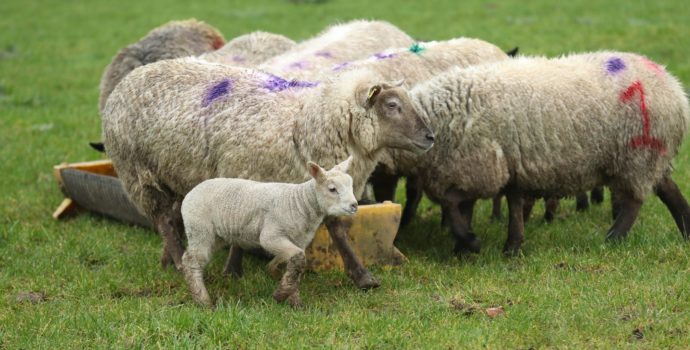Esri Warning About Impact on Agri-food Sector from Brexit Cannot Be Ignored

IFA President Joe Healy has said that today’s ESRI report outlining the devastating impact of a hard Brexit on certain products and sectors, particularly the agri-food sector, must serve as a timely wake up call for all politicians involved in the forthcoming discussions the UK exit from the EU.
The report analyses the impact of tariff barriers on trade flows between the EU and UK in the event that WTO trading rules apply following the UK exit.
He said, “Today’s report highlights that it is absolutely imperative for the Irish agri-food sector that a positive trade agreement between the EU and the UK is reached prior to the UK exiting the EU. It is absolutely unacceptable that a situation could arise whereby EU and UK exporters could face huge tariff barriers as a result of the UK exit, with resulting major damage to trade flows and the economic viability of those sectors”.
The ESRI report shows that the combination of potentially high tariff barriers on food exports between the EU and UK and the elastic response of trade to price changes in these sectors would have a hugely negative impact on trade between the UK and EU for many food products.
Joe Healy said “The report shows that EU trade with the UK for food products would be absolutely devastated in this ‘hard Brexit’ scenario, with a reduction in trade of over 60% for dairy and 85% for meat products. Translating this to an Irish context, the value of meat exports to the UK could fall by €1.5bn, while the value of dairy exports could fall by over €600m”.
He continued, “Over the past number of months, IFA has highlighted the huge threat posed to the Irish agri-food sector of a scenario whereby the UK would leave the EU without a trade agreement, with favourable access for agriculture and food products, being in place.
“Our first position is that the UK would remain a full member of the EU’s Single Market, including free trade on agricultural products. Should the UK leave the Single Market, the agreement of a comprehensive Free Trade Agreement between the EU and the UK, with favourable access for agricultural products and mutual recognition of standards, must be a priority”.
The IFA President concluded, “The figures presented today, and the potential economic damage for the agri-food sector that would arise from a hard Brexit, are too serious to ignore. The time for political posturing is over, and the EU and UK must commit to achieving a positive trading relationship in the forthcoming negotiations”.




